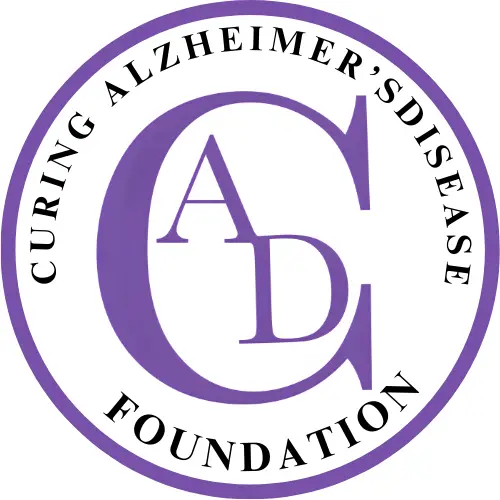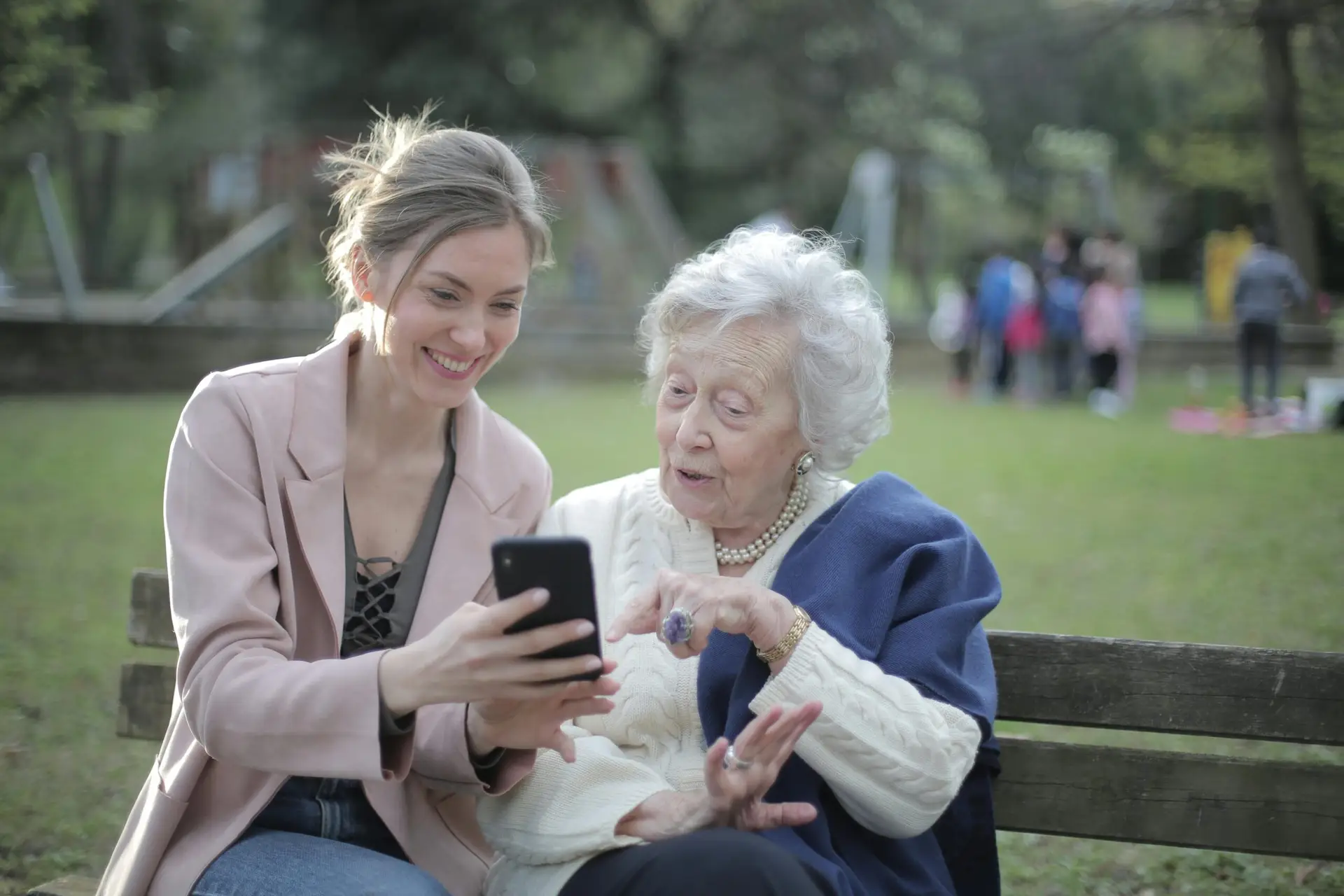
From time to time someone reaches out asking for more guidance regarding an Alzheimer’s diagnosis.
Based on our knowledge and experience, here’s what we think you would want to know about Late Onset Alzheimer’s Disease (LOAD). In a follow up article (Part II), we will offer advice gained from experience and current literature that can help you possibly slow the disease down until a Cure is available for widespread use.
But for now, we’d like you to –
1) Know that there are two forms of Alzheimer’s – Early Onset Alzheimer’s Disease and Late Onset Alzheimer’s Disease. Early Onset (which is rare) occurs before age 65. Late Onset Alzheimer’s (which is what most of us think of when talking about Alzheimer’s) occurs after age 65. (1) This article focuses on this second form of Alzheimer’s Disease.
2) Know that without an autopsy, a clear-cut diagnosis for this disease is impossible. Therefore, it’s critical that other medical reasons that can look like early-stage Alzheimer’s disease have been ruled out. Conditions with similar cognitive symptoms include: depression, stress, diabetes, thyroid disfunction, liver or kidney disease, vitamin deficiencies, even exposure to low levels of carbon monoxide. These are easy tests to perform and will give you the reassurance that a presumed Alzheimer’s diagnosis is truly accurate.
3) Know that Primary Care/Family Practice/Internists are in no position to diagnose AD– and after ruling out all medical and psychological explanations for your decline – their duty is to refer you to a Neurologist for further testing and treatment.
4) Know that many people over the age of 60 have some Alzheimer’s pathology already in their brains (2a) and yet they show no signs of cognitive impairment. So, you have more and are seeing a decline in your ability to think – it’s time to do something about it.
5) Know that Alzheimer’s Disease is generally contracted 10-15 years before symptoms force a diagnosis. The median age for diagnosis is 79.9 (2), therefore the median age for contracting this disease is estimated to be 65-70 years of age.
6) Know that one of the top risk factors for Alzheimer’s is having gum disease. (3) (4)
A fact long suspected in Dentistry, and just now entering the science community.
7) Know that Alzheimer’s Disease skyrockets 10-15 years after a country changes their position on prophylactic antibiotics during dental procedures. It’s too consistent to be coincidental.
8) Know that Alzheimer’s Disease began to skyrocket 10-15 years after our medical community stopped endorsing Hormone Replacement Therapy for post-menopausal women.
9) Know that most auto-immune diseases that are considered risk factors for Alzheimer’s are risk factors because they overlap with the higher risk that gender plays in contracting Alzheimer’s. Being female increases your risk of contracting Alzheimer’s substantially. And women make up the bulk of those diagnosed with Sjogren’s Syndrome, Rheumatoid Arthritis, Lupus, even type II diabetes that strikes after menapause.
10) Know that aging is your number one risk for contracting late-onset Alzheimer’s Disease. This is LARGELY because of something called Senescence – which is defined as the loss of our cell’s ability to divide and grow. This, in turn affects every biological system in your body – in the instance of Alzheimer’s Disease, senescence impedes your brain’s ability to protect itself from foreign pathogens like bacteria.
11) Know that Alzheimer’s is a disease of inflammation. Which is why the most commonly prescribed Alzheimer’s drugs (that have been shown to reduce brain inflammation), seem to work initially (5). But as the diseased brain becomes more inflamed, the effectiveness of these drugs quickly becomes insufficient. Which is why you should ….
12) …Know that research continues to prove that current Alzheimer’s drugs have little to no positive effect (6). Yet these drugs come with a very serious list of side effects. Therefore, you should be challenging your provider to show you the studies that support his/her recommendation that you should be taking these drugs. You will find that no Alzheimer’s drug has been studied longer than 5 years. So, no one really knows what they are doing to your brain’s chemistry long-term.
13) Know that the idea that Alzheimer’s is inherited can be disproven by statistic– 70% of Late Onset Alzheimer’s Disease (LOAD) cases have no family history for Alzheimer’s (7). So, it’s time to stop blaming genetics and time to start looking for what you can do now.
Stay tuned for our second article in this series that will help offer ideas on what you can do now to potentially protect yourself against Alzheimer’s Disease.
Feel free to visit our website at www.CuringAlzheimersDisease.comfor more information, and be sure to subscribe to this blog www.Curing-Alzheimer’s.com for updates on what is published next.
—————————————————————————————————-
Citations:
(1) Types of Alzheimer’s Disease
https://www.webmd.com/alzheimers/alzheimers-types
(2a) Non-Demented Individuals with Alzheimer’s Disease Neuropathology: Resistance to Cognitive Decline May Reveal New Treatment Strategies (2016)
https://www.ncbi.nlm.nih.gov/pmc/articles/PMC6007878
(2) Time from diagnosis to institutionalization and death in people with dementia (2020)
https://alz-journals.onlinelibrary.wiley.com/doi/full/10.1002/alz.12063
(3) Oral bacteria may be responsible for Alzheimer’s disease – Harvard University 2019
https://sitn.hms.harvard.edu/flash/2019/oral-bacteria-may-responsible-alzheimers-disease
(4) Large study links gum disease with dementia – NIH 2020 https://www.nia.nih.gov/news/large-study-links-gum-disease-dementia#:~:text=Among%20those%2065%20years%20or,to%20further%20increase%20those%20risks
(5) Donepezil doesn’t cure Alzheimers, it just treats AD inflammation 2020
(6) Current Alzheimer’s drugs do little to help patients – 2020
(7) Maternal transmission of Alzheimer’s disease: Prodromal metabolic phenotype and the search for genes
https://www.ncbi.nlm.nih.gov/pmc/articles/PMC3033750
About the author: Anna Shelander is a journalist and question-asker who rarely accepts “no” for an answer. Which is why, when her dad (Dr. Crandall ) became ill with an unexplainable disease, he asked her to come along for the ride. The two worked unsuccessfully within the medical community to find a diagnosis, then branched into the research community where answers finally began to appear. It was at this level of science that Anna and her father began to parse together the drug protocols that dramatically improved his cognition.
Disclaimer
No content on this site, regardless of date, should ever be used as an absolute substitute for direct medical advice from your doctor or other qualified clinician. This article should be viewed as advice that is based on current research regarding the potential to slow and possibly prevent Alzheimer’s Disease.
Copyright © 2022 Curing Alzheimer’s Disease [EIN #88-3154550] All Rights Reserved. This information is not designed to replace a physician’s independent judgment about the appropriateness or risks of a procedure for a given patient. Always consult your doctor about your medical conditions. Curing Alzheimer’s Disease.com does not provide medical advice, diagnosis or treatment. Use of the site is conditional upon your acceptance of our terms of use.



